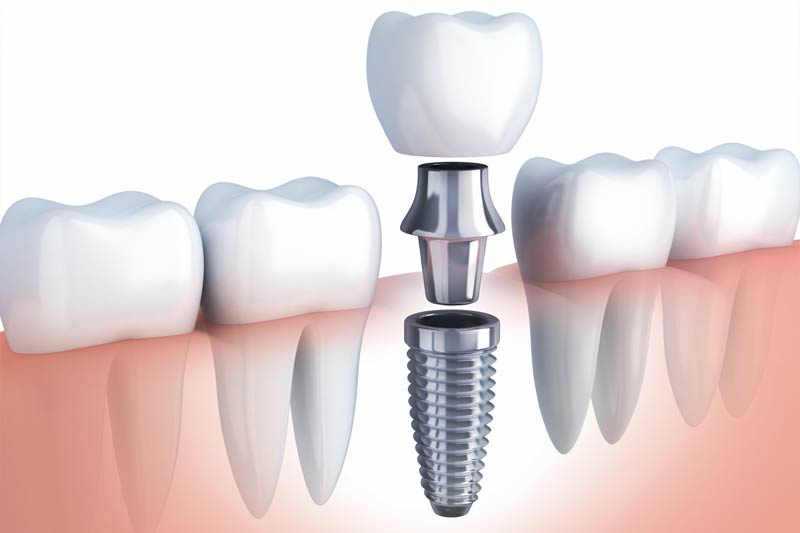Oral Cancer Screening in Culver City

According to the American Cancer Society, in 2023, it is estimated that there will be around 54,540 new cases of oral cavity or oropharyngeal cancer in the US.
- Approximately 10,550 people are expected to die from these cancers in 2023.
- The average age of diagnosis for oral cancer is 62, and it is more common in men than women.
- The 5-year survival rate for oral cancer is approximately 65%, but it largely depends on the stage of cancer at the time of diagnosis.
- Around 25% of oral cancers occur in people who do not smoke or drink alcohol, which are the most significant risk factors.
- The incidence of oral cancer has been steadily increasing over the past few decades, particularly among younger individuals due to the rise of HPV-related cancers.
- African Americans are more likely to develop and die from oral cancer than Caucasians.
- Early detection of oral cancer through regular dental check-ups and self-examinations can significantly improve treatment outcomes and survival rates.
Oral cancer, also known as mouth cancer, refers to cancer that develops in any part of the mouth, including the lips, gums, tongue, inner lining of the cheeks, and the roof or floor of the mouth. It falls under the category of head and neck cancers.
Causes and Risk Factors
- Tobacco use: Smoking or chewing tobacco increases the risk of oral cancer.
- Alcohol consumption: Heavy alcohol use is linked to an increased risk of oral cancer.
- Human papillomavirus (HPV): Certain strains of HPV, a sexually transmitted virus, have been linked to oral cancer.
- Age: The risk of oral cancer increases with age, typically affecting people over the age of 40.
- Gender: Men are more likely to develop oral cancer than women.
- Poor oral hygiene: Chronic irritation from rough teeth, dentures, or fillings may contribute to oral cancer development.
- Family history: A family history of oral or other types of cancer may increase an individual's risk.
Symptoms
Early symptoms of oral cancer can be subtle and difficult to notice. Common signs and symptoms include:
- Sores or lesions in the mouth that do not heal within two weeks
- Persistent pain or discomfort in the mouth
- White or red patches on the gums, tongue, or lining of the mouth
- Difficulty swallowing or chewing
- Swelling or lumps in the mouth or neck
- Bad breath (halitosis)
- Numbness in the mouth or tongue
- Loose teeth
- Jaw pain or stiffness
- A feeling that something is caught in the throat
Diagnosis and Treatment
Diagnosing oral cancer involves a thorough examination of the mouth and throat, as well as imaging tests and a biopsy to determine the presence of cancerous cells.
Treatment for oral cancer depends on the stage, location, and type of cancer, as well as the patient's overall health. Options may include surgery, radiation therapy, chemotherapy, targeted therapy, or a combination of these approaches.
Prevention
While there is no sure way to prevent oral cancer, reducing or eliminating known risk factors can help lower the chances of developing the disease. Some prevention tips include:
- Avoid tobacco use
- Limit alcohol consumption
- Practice good oral hygiene
- Visit your dentist regularly for check-ups and cleanings
- Limit sun exposure to the lips
- Eat a balanced, healthy diet rich in fruits and vegetables
- Consider getting vaccinated against HPV
Early detection is crucial for successful treatment of oral cancer. Regular dental check-ups and self-examinations can help identify suspicious changes in the mouth and increase the likelihood of early diagnosis.
Consultation
A consultation will be offered to current or new patients to discuss if they are a candidate for a specific treatment option. Please note that for a thorough examination, dental radiographs may be required.
If you have any questions regarding Oral Cancer Screening in Culver City or if you want to schedule an evaluation or appointment, then please call our office at 310-558-0023.



